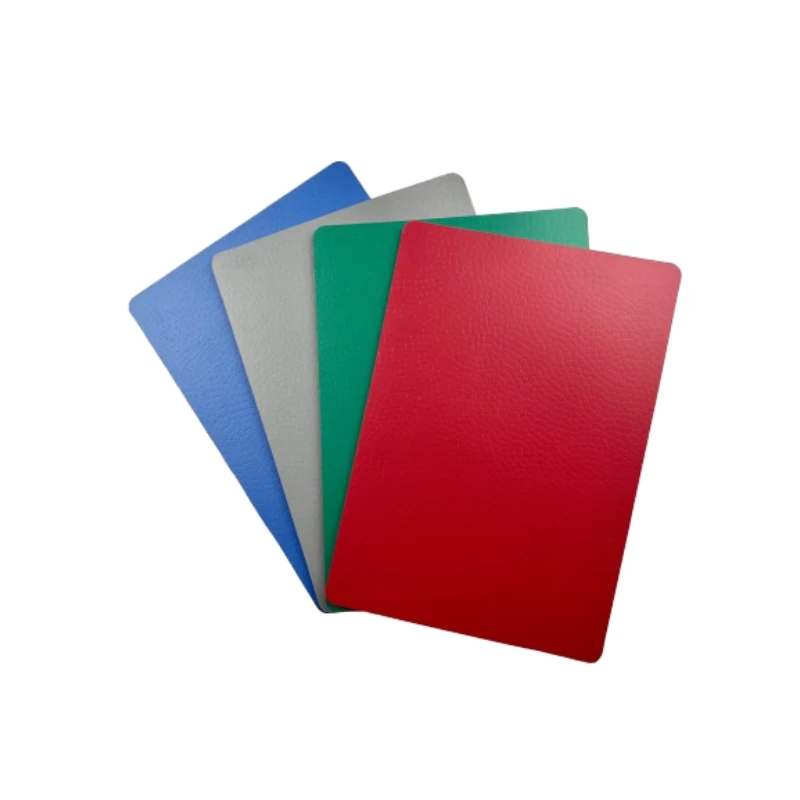is pvc safe for vinyl floors
Is PVC Safe for Vinyl Floors?
When it comes to flooring options, vinyl has gained immense popularity due to its versatility, durability, and aesthetic appeal. Among the materials often used in vinyl flooring is polyvinyl chloride, commonly known as PVC. However, the safety and environmental impact of PVC have raised questions for homeowners and builders alike. This article delves into whether PVC is safe for vinyl floors, examining the material's composition, benefits, and potential concerns.
Understanding PVC
PVC is a synthetic plastic polymer that is widely used in various applications, including plumbing, electrical wiring, and flooring. Its popularity stems from its affordability, durability, and ability to be manufactured in various colors and textures. In the context of vinyl flooring, PVC can be a primary component in both luxury vinyl tiles (LVT) and vinyl sheets, contributing to their resilience and performance.
Advantages of PVC in Vinyl Flooring
1. Durability One of the main benefits of PVC in vinyl flooring is its durability. PVC floors are resistant to scratches, stains, and moisture, making them ideal for high-traffic areas and homes with pets or children.
2. Low Maintenance Vinyl flooring with PVC requires minimal maintenance. Regular sweeping and occasional mopping are sufficient to keep the flooring looking its best.
3. Variety of Designs PVC allows for a wide range of colors, patterns, and finishes, enabling homeowners to choose styles that suit their decor while enjoying the benefits of a waterproof surface.
4. Cost-Effective PVC vinyl flooring is typically less expensive than other materials, such as hardwood or ceramic tile, making it an appealing option for budget-conscious consumers.
is pvc safe for vinyl floors

Safety Concerns
Despite its advantages, PVC has come under scrutiny due to potential health and environmental concerns.
1. Chemical Additives PVC flooring can contain additives such as phthalates, which are used to make the material more flexible. Some studies have linked certain phthalates to health issues, including endocrine disruption. However, many manufacturers are moving towards phthalate-free formulations in response to consumer demand for safer alternatives.
2. Volatile Organic Compounds (VOCs) Some vinyl flooring can emit VOCs, which are harmful chemicals that can affect indoor air quality. However, many modern vinyl flooring products are produced with low-VOC technologies, making them safer for indoor use. When shopping for vinyl flooring, look for products certified by organizations such as Greenguard or FloorScore, which ensure low emissions.
3. Recyclability Another concern regarding PVC is its recyclability. While some vinyl flooring products can be recycled, the process is not widely implemented, and disposed PVC can contribute to environmental pollution. Encouragingly, various initiatives are underway to create recycling programs specifically for vinyl flooring.
Conclusion
In conclusion, PVC is a common and integral component of many vinyl flooring options, providing benefits such as durability, low maintenance, and a range of design choices. While there are legitimate concerns regarding the safety of PVC, particularly relating to additives and emissions, many manufacturers are adapting to meet stricter safety standards and consumer preferences.
For homeowners considering vinyl flooring, it is crucial to research and choose products from reputable manufacturers that prioritize safety and environmental responsibility. By selecting low-VOC, phthalate-free, and recyclable options, you can enjoy the benefits of PVC in vinyl floors while minimizing potential risks. Ultimately, informed choices can lead to a beautiful, functional, and safe flooring solution for your home.
-
Commercial Parquet Flooring: Considerations of Aesthetics, Practicality, And SustainabilityNewsApr.15,2025
-
PVC Sports Flooring: Performance, Applications, And Development TrendsNewsApr.15,2025
-
PP Interlocking Floor: a Paving Solution That Combines Functionality and SustainabilityNewsApr.15,2025
-
Plastic Flooring Tiles Outdoor: Practicality, Sustainability, And Development ProspectsNewsApr.15,2025
-
On the Application of PVC Flooring for Badminton Court in Badminton VenuesNewsApr.15,2025
-
Commercial Wood Flooring: the Balance Between Aesthetics, Functionality, And SustainabilityNewsApr.15,2025
-
The Ultimate Guide to Futsal FlooringNewsMar.27,2025

